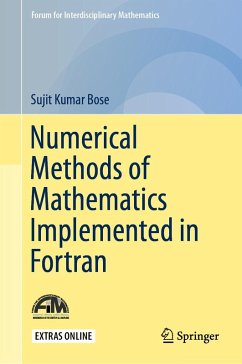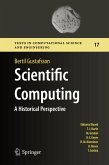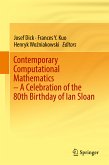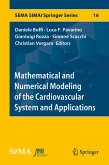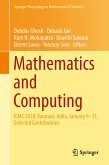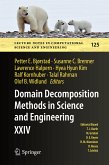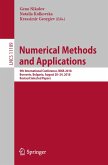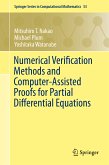This book systematically classifies the mathematical formalisms of computational models that are required for solving problems in mathematics, engineering and various other disciplines. It also provides numerical methods for solving these problems using suitable algorithms and for writing computer codes to find solutions. For discrete models, matrix algebra comes into play, while for continuum framework models, real and complex analysis is more suitable. The book clearly describes the method-algorithm-code approach for learning the techniques of scientific computation and how to arrive at accurate solutions by applying the procedures presented. It not only provides instructors with course material but also serves as a useful reference resource. Providing the detailed mathematical proofs behind the computational methods, this book appeals to undergraduate and graduate mathematics and engineering students.
The computer codes have been written in the Fortranprogramming language, which is the traditional language for scientific computation. Fortran has a vast repository of source codes used in real-world applications and has continuously been upgraded in line with the computing capacity of the hardware. The language is fully backwards compatible with its earlier versions, facilitating integration with older source codes.
Dieser Download kann aus rechtlichen Gründen nur mit Rechnungsadresse in A, B, BG, CY, CZ, D, DK, EW, E, FIN, F, GR, HR, H, IRL, I, LT, L, LR, M, NL, PL, P, R, S, SLO, SK ausgeliefert werden.

